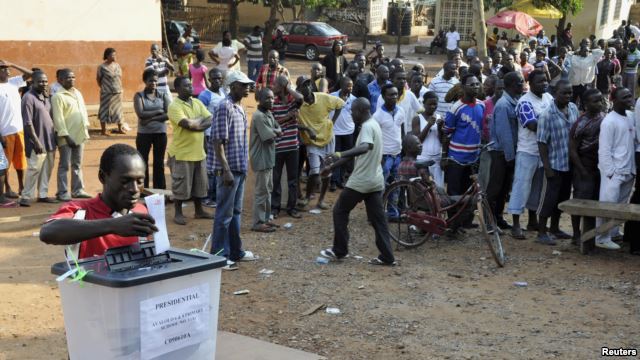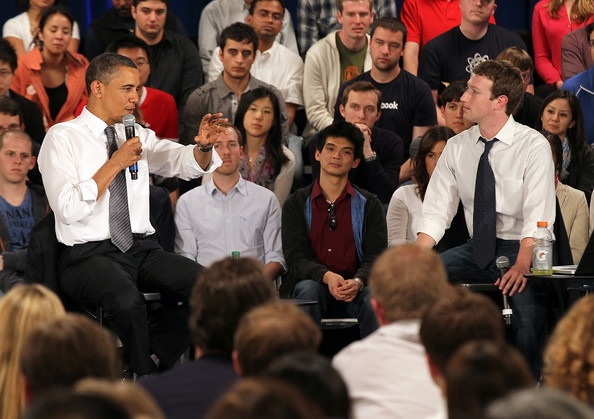Ahead of the August 11 Presidential Elections in Zambia, a local newspaper, the Post, which is quite critical of the government has recently been shut down by Zambia Revenue Authority over $6 million in unpaid taxes. The action has culminated the controversial relations between President-Edgar Lungu-led government and The Post.
The Managing Editor of the newspaper, Joan Chirwa was quick to accuse the tax authorities of trying to silence it ahead of the forthcoming general elections, claiming the unpaid tax was in dispute. The paper has had a few controversies with the authorities. In July 2015, an editor with ‘The Post’ was briefly detained for allegedly publishing classified state documents.
The authorities have however denied the claims of The Post. While addressing his diplomats, President Lungu, said “the decision by the Zambia Revenue Authority to take over assets of the Post newspaper was indeed an independent action to recover tax debt,” according to reports.
Truly, while it is fundamental to maintain the freedom of press, there is also a need to do the right thing. “Some of you are saying that the timing of the court’s decision is awkward. Tell me, when is the right time to do this?” the president asked in defence of ZRA decisions.
The European Union delegation and the heads of mission of the EU member states have said in a statement that they were concerned by the closure of the newspaper. Visiting US Assistant Secretary of State for African Affairs Linda Thomas-Greenfield said Zambia needed a free press if the polls are to be credible and transparent.
“Freedom of the press is a key component of democracy and it is important for your elections,” she said during a public discussion on political violence ahead of the August 11 general election. “I am not arguing that the Post should not pay the fee, what I am arguing is that efforts should be made to work it out so that you can continue to have the benefits of an independent state”.
President Lungu of the ruling Patriotic Front (PF) has been in power for just over a year after winning a ballot triggered by the death of his predecessor, Michael Sata, in October 2014. The president has promised to stand down if he lost the country’s presidential elections, being faced with a strong challenge from opposition leader Hakainde Hichilema of the United Party for National Development at the polls.
Hichilema accused the government in an interview with Reuters on Thursday of using repressive laws to restrict his side’s campaigns, citing the closure of the Post, but Presidential spokesman Amos Chanda denied the accusations, saying that the opposition was campaigning freely.
“By regional comparison, the Zambian press is incredibly free,” Alastair Fraser an African politics lecturer from SOAS in London said. “You can say anything and people do say anything”, he said. That’s the reason why the papers are full of rumors and slander, he added.
There is no real threat to press freedom or democracy in Zambia, Fraser said. On the contrary: “It’s perfectly plausible for political parties to be voted out, which is still not that common an occurrence across Africa. But incumbent presidents in Zambia can lose, have lost and might lose again.”
Photo: Al Jazeera



